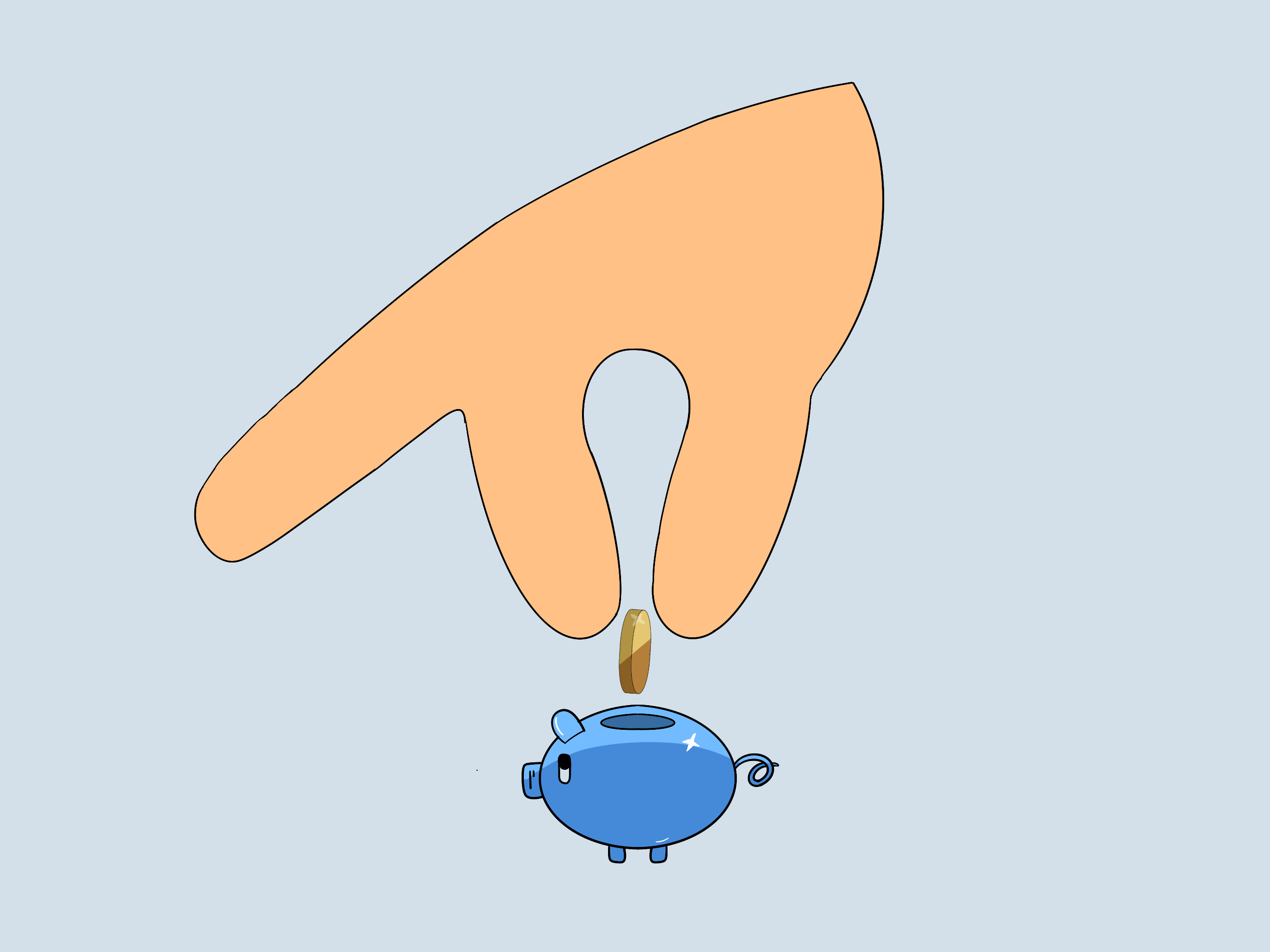Address
Linda Chalker Crescent Asokoro, FCT, Nigeria. info@witugo.com
Work Hours
Monday to Friday: 7AM - 7PM
Weekend: 10AM - 5PM


Starting a financial journey can feel overwhelming and even intimidating for many people. While the idea of financial independence is a dream shared by most, it’s not uncommon for doubt to creep in when faced with the realities of achieving it.
It’s easy—and often comforting—to imagine what financial freedom might look like. But the moment you start to think about how to get there, it can feel discouraging. Many of us struggle to see a path forward because our current circumstances limit our imagination. This is a common challenge.
The truth is, financial freedom starts in the mind. If your mind can’t envision it, it’s nearly impossible to achieve it. For example, ask someone to think about alternative ways to earn money beyond their regular job, and you’ll often encounter a mental block. It’s not just about wanting to be rich—it’s about having the mental capacity to conceive a new reality. To embark on a journey toward financial satisfaction, here are a few steps to focus on:
Financial satisfaction begins in the mind. This is the starting point, and it’s non-negotiable. Reprogramming your mind to understand and embrace financial concepts is the first big step toward freedom. But how do you do this?
There’s no magic formula or quick fix, but there are practical steps you can take:
While you’re feeding your mind with financial knowledge, it’s equally important to guard it against negative influences.
Advertising is designed to push you into impulsive decisions. You’re constantly bombarded with ads—whether it’s on social media, in the videos you watch, or even on the streets. These ads often target your desires, nudging you to buy things you don’t need.
To stay focused, you must declutter your mind from these influences. Practice intentional consumption of media, and consciously avoid content that triggers unnecessary spending. Protecting your mind from invasive marketing is just as important as enriching it with knowledge.
Understanding how money works is foundational to achieving financial freedom. Beyond books, videos, and podcasts, immerse yourself in practical learning:
One of the quickest ways to improve your finances is to develop better spending habits.
Take a close look at your expenses and ask yourself: Do I really need this? Bad spending habits often stem from an inability to differentiate between needs and wants. Here’s a simple rule:
Before making any purchase—big or small—pause and reflect. This simple practice can save you from countless impulsive decisions.
To truly transform your finances, you need to think beyond your regular paycheck. Diversifying your income streams can provide stability and accelerate your journey to financial freedom.
Start by exploring skills, hobbies, or opportunities that can generate extra income. For example:
The key is to remain open-minded and adaptable. With the right mindset, you’ll discover opportunities you never thought possible.
At Witugo, we educate readers and clients toward understanding these basic principles. Whether it’s reworking their mindset, learning practical money management, or exploring income alternatives, we help simplify the process, making financial literacy more accessible to everyone.
Achieving financial freedom is a journey that begins with a shift in mindset. By changing your thoughts, protecting your focus, learning about money, controlling your spending, and exploring new income streams, you can take charge of your financial future.
Remember, it’s not about overnight success—it’s about building habits and making consistent progress.